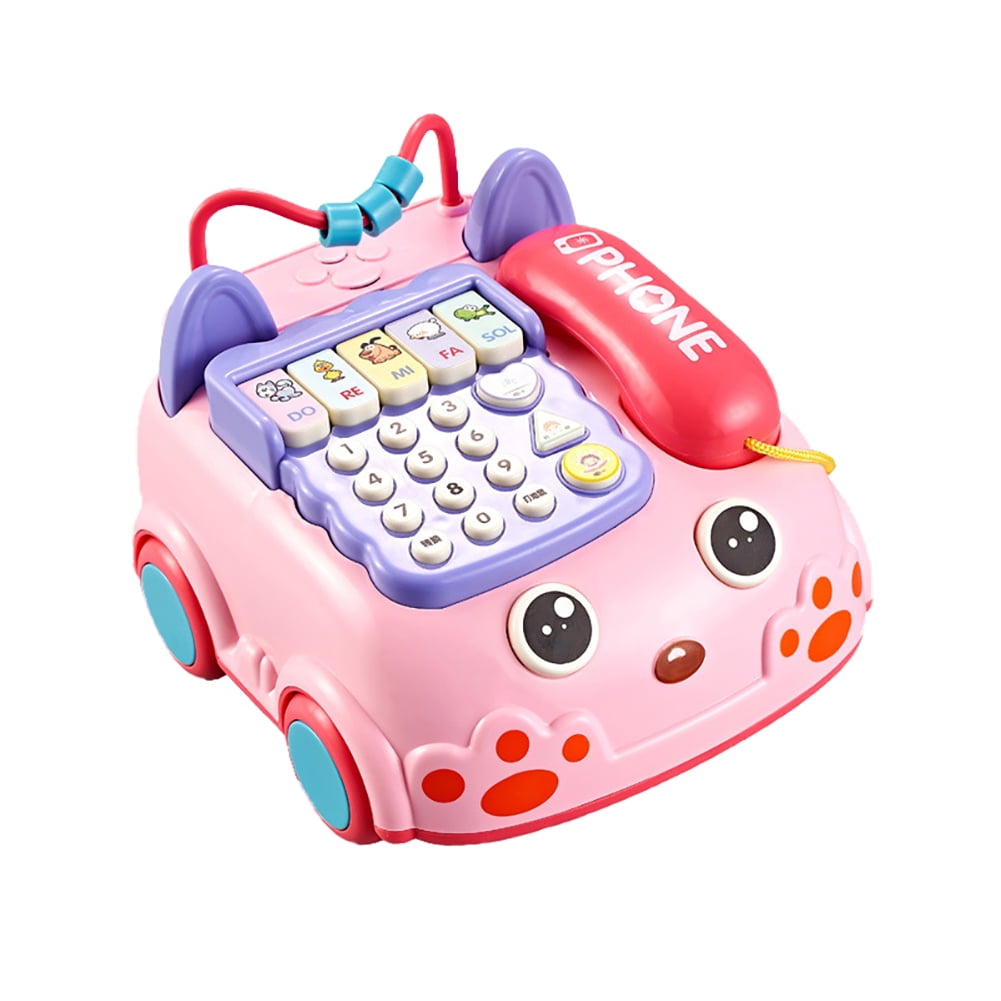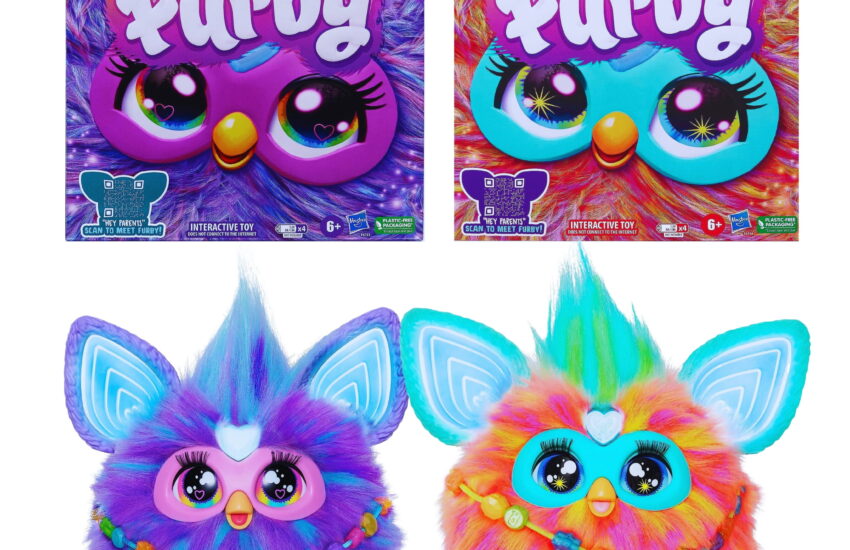Best Hamsters for Interactions with Parents
Choosing a pet for your family is a significant decision, especially when it comes to the little furry creatures known as hamsters. While many pets can be effective companions, hamsters have shown to be particularly engaging, especially for families with young children. As a parent, you want a hamster that is not only easy to care for but also friendly and interactive. In this article, we will explore the best hamster breeds for family interactions and what you need to consider before bringing one home.
According to the American Pet Products Association, hamsters are one of the most popular small pets. They are small, relatively low-maintenance, and can form bonds with their owners. However, not all hamster breeds are the same when it comes to temperament and suitability for families.
Why Choose Hamsters for Family Interactions?
Hamsters can be an ideal pet for families for several reasons:
- Size: Hamsters are small, which makes them easier to handle for young children.
- Low Maintenance: Compared to larger pets, hamsters require less upkeep.
- Teach Responsibility: Caring for a hamster can teach children responsibility and empathy.
- Bonding: With proper interaction, hamsters can become affectionate companions.
Let’s delve deeper into some of the best hamster breeds that are particularly known for their friendly and interactive nature.
Popular Hamster Breeds for Families
1. Syrian Hamster
The Syrian hamster, also known as the golden hamster, is the most popular breed for families. They are known for their docile and friendly nature, making them suitable for both children and adults. Syrian hamsters are typically solitary, meaning they prefer to live alone, which simplifies care for families.

Key Characteristics of Syrian Hamsters:
- Size: They can grow up to 6-7 inches long.
- Temperament: Generally docile and friendly.
- Life Span: Average lifespan of 2-3 years.
2. Dwarf Campbell’s Hamster
Dwarf Campbell’s hamsters are friendly, inquisitive little creatures. They are sociable and can actually live in pairs, provided they are introduced at a young age. This makes them ideal for teaching kids about social interaction and the importance of companionship.
Key Characteristics of Dwarf Campbell’s Hamsters:
- Size: Typically 4-5 inches long.
- Temperament: Friendly and relatively easy to handle.
- Life Span: Average lifespan of 1.5-3 years.
3. Roborovski Hamster
Roborovski hamsters are the smallest of the common species, and they are known for being quick and energetic. They can be more challenging to handle than other types, but they are also entertaining to watch and can be very engaging for children when they are in their cages.
Key Characteristics of Roborovski Hamsters:
- Size: Only about 2 inches long.
- Temperament: Generally friendly, but can be skittish.
- Life Span: Average lifespan of 3-4 years.
Essential Tips for Interacting with Hamsters
Once you’ve chosen a hamster breed, it is crucial to create a nurturing environment to foster interaction.
1. Handling Your Hamster
Always ensure that your hamster feels safe during handling by supporting its body and avoiding quick movements. Encourage your children to interact gently to build trust.
2. Create a Space for Exploration
Hamsters are curious creatures. Provide them with safe areas to explore outside their habitat under supervision, which can enhance their interactive behavior.
3. Establish a Routine
Hamsters thrive on routine. Try to hold or play with your hamster at the same times each day to help them feel secure and ready for interaction.
Signs of a Happy Hamster
To ensure that your hamster is enjoying its interactions, look for these signs:
- Active Behavior: Playfulness and curiosity.
- Purring Sounds: They may make soft purring or chirping noises when content.
- Paw Moving: A hamster might move its paws in excitement.
Importance of Proper Health Care
Regular vet check-ups and a proper diet are essential in ensuring your hamster stays healthy and, consequently, happy during interactions. Always consult a vet if you notice unusual behavior.
Final Thoughts
Choosing the right hamster can greatly enhance family interactions and create lifelong memories. Syrian and Dwarf Campbell’s hamsters are particularly recommended for their friendly nature. Be sure to interact gently, establish routines, and pay attention to your pet’s well-being. With the right approach, your family can enjoy the delightful companionship that hamsters provide.
For more insights on hamster care, you can check these articles: Understanding Your Hamster’s Needs and Choosing the Right Pet for Your Family.
